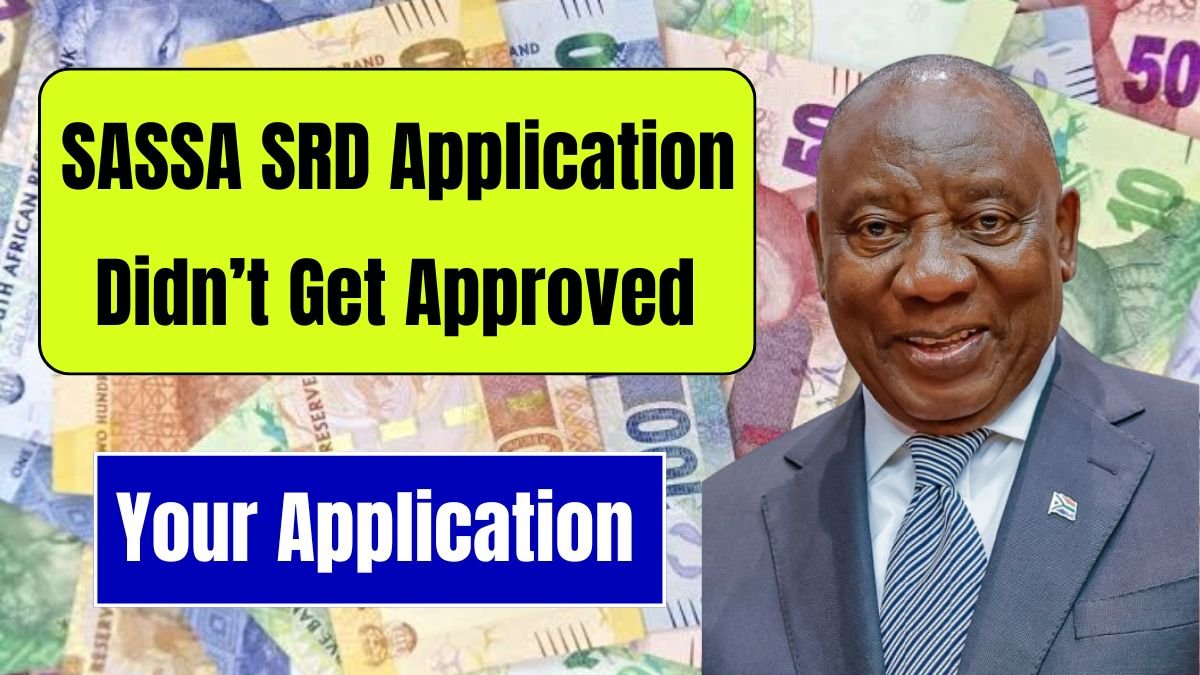The Social Relief of Distress (SRD) grant from the South African Social Security Agency (SASSA) is a lifeline for millions of unemployed and financially vulnerable people. However, not all applications for the SRD grant are approved, which leads to frustration and confusion among applicants. So, if your SRD application was rejected for 2025, knowing why the decision was made could give you the insight needed to correct what happened.
Common Reasons For SRD Application Rejections:
- Income Above the Threshold. This grant is directed at any individual with no or insignificant income. If SASSA’s systems pick up that your income gets above the threshold, your application will be turned down. It encompasses money you receive from employment, family support, or any other grants.
- Receiving Additional Government Grants. Applicants who are already entitled and receiving other SASSA grants, like Old Age Pension or Disability Grant, are likely to lose the qualification for SRD. This is because the SRD is only meant to supplement the facility for individuals covered by some other social assistance program.
- Incomplete Data Entry Wrongly completed applications, like inaccurate ID numbers, mismatched personal particulars, or missing documentation, may lead to rejection. SASSA cross-checks the data you submitted against those of various records, like that of the Department of Home Affairs.
- Employment Status The SRD grant is targeted at unemployed individuals. If you are registered as being employed in any capacity, even part-time, your application cannot be approved.
- Bank verification failure: SASSA will verify banking details when an applicant applies to confirm their eligibility; if banking details do not match the information provided in the application, or there are any other problems with the bank account, the application could be rejected.
- Applicable to UIF/SARS Databases It may make you disqualified from receiving the SRD grant if your name is appearing as a recipient of Unemployment Insurance Fund (UIF) benefits or having an active tax record with the South African Revenue Services (SARS).
Following Steps To Follow After Rejection Of Application
- Check Rejection Reason Log into SASSA SRD portal to view what exactly caused your application denial. This will help you understand what needs to be corrected.
- Appeal If you think your application was wrongly rejected, you can submit an appeal within 30 days after you have received the negative notice. Appeals can be submitted through the SASSA website.
- Update Information If the rejection was for wrong or stale detail, you should amend your information and reapply. Check through all personal and banking details before resubmitting your application.
- Seek Assistance If you are unable to complete the process online, visit the nearest SASSA office for help. Staff at SASSA will assist you through the reapplication or appeal process.
Conclusion
There is no need to be disheartened when being turned down for SRD grants. Most of the time, it occurs because of set eligibility requirements or mistakes in your application. Get to know what would be the possible grounds of rejection and follow the right procedure to appeal or reapply to increase your chances of success. Stay informed and provide accurate information so that you qualify to avoid the cancellation or delays in having this much-needed financial support.
Also Read: SASSA Disability Grant Updates: The New Rules For Working And Receiving Support
